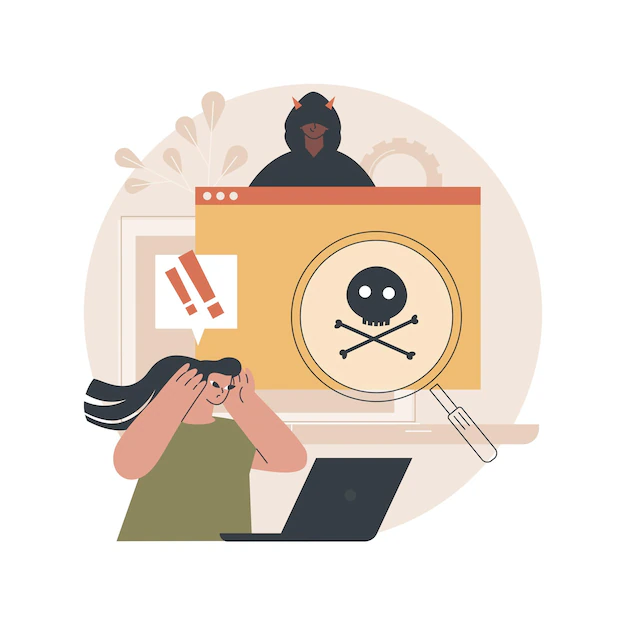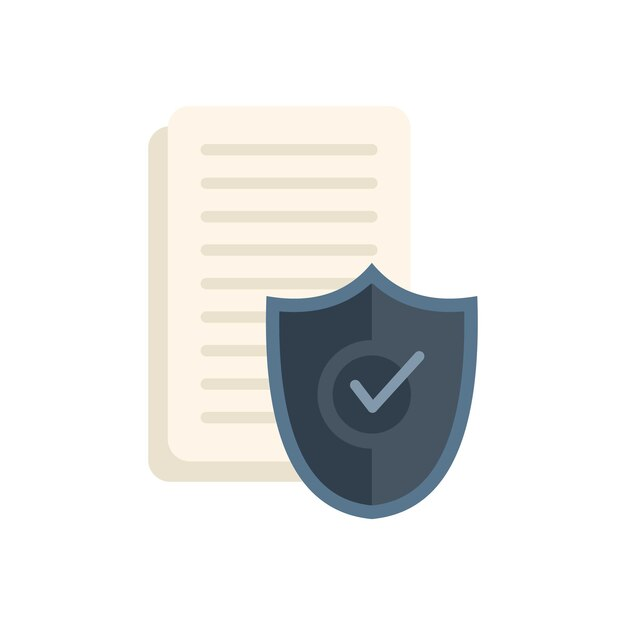15 Common Antivirus Terms Explained
Antivirus software is an essential tool in the battle against digital threats, but understanding the terminology associated with it can be challenging.
To help demystify the world of antivirus, we have compiled a list of 15 common antivirus terms and their explanations to help you secure the best virus scanner.

1. Antivirus (AV)
Antivirus, often abbreviated as AV, refers to software designed to detect, prevent, and remove malicious software (malware) from computers and networks.
It acts as a protective shield against viruses, trojans, worms, and other threats.
2. Malware
Malware is a collective term for malicious software, including viruses, spyware, adware, ransomware, and more.
Malware is designed to infiltrate, damage, or steal data from a computer or network.
3. Firewall
A firewall is a security system that monitors and controls incoming and outgoing network traffic.
It serves as a barrier between a trusted internal network and untrusted external networks, allowing or blocking data based on established security rules.
4. Scanning
Scanning is the process by which antivirus software examines files, programs, and data on a computer for signs of malware.
There are various scanning methods, including quick scans, full scans, and real-time scanning.
5. Signature-Based Detection
Signature-based detection involves comparing files and programs to a database of known malware signatures. If a match is found, the antivirus software identifies the file as malicious.
This method is effective against known threats but may miss new or zero-day attacks.

6. Heuristic Analysis
Heuristic analysis is an advanced method that looks for patterns and behaviors commonly associated with malware.
It helps identify new and previously unseen threats by analyzing file characteristics and behavior.
7. Real-Time Protection
Real-time protection, also known as on-access scanning, continuously monitors a computer or network for malware activity.
It detects and blocks threats in real-time, providing immediate protection.
8. Quarantine
Quarantine is a secure area where antivirus software isolates suspected or infected files to prevent them from causing harm.
Files in quarantine can be further analyzed or deleted without affecting the rest of the system.
9. Virus Definition Updates
Antivirus software relies on virus definition updates to stay current and effectively detect new threats.
These updates include information about the latest malware strains and how to identify them.
10. Zero-Day Attack
A zero-day attack targets vulnerabilities or weaknesses in software or systems before developers have had a chance to create patches or updates to fix them.
These attacks are called “zero-day” because they occur on the same day the vulnerability is discovered.
11. Phishing
Phishing is a form of cyberattack where attackers impersonate legitimate entities to trick individuals into revealing sensitive information, such as login credentials or credit card details. A good antivirus software may include anti-phishing features.
12. Sandbox
A sandbox is a controlled environment where antivirus software can safely execute and analyze suspicious files or programs.
This isolated environment prevents potential threats from affecting the rest of the system.
13. False Positive
A false positive occurs when antivirus software incorrectly identifies a harmless file or program as malware.
While false positives are relatively rare, they can lead to legitimate files being quarantined or deleted.
14. Rootkit
A rootkit is a type of malware that grants unauthorized access to a computer or network while concealing its presence. Rootkits are notoriously difficult to detect and remove.
15. VPN (Virtual Private Network)
A Virtual Private Network (VPN) is a technology that creates a secure and encrypted connection between a user’s device and a remote server. VPNs are used to protect online privacy, especially when accessing public Wi-Fi networks.
Frequently Asked Questions – (FAQs)
Do I need to purchase antivirus software if my operating system already has built-in security features?
While operating systems often include basic security features, they may not offer comprehensive protection against all types of malware. Investing in dedicated antivirus software provides an additional layer of defense and more advanced features.
Can antivirus software protect my mobile devices as well?
Yes, many antivirus providers offer mobile security solutions for smartphones and tablets. These solutions help protect mobile devices from malware, phishing attacks, and other threats.
How often should I update my antivirus software?
Frequent updates are crucial for maintaining the effectiveness of your antivirus software. Configure it to update automatically to ensure it stays current with the latest threats.
Is it possible for antivirus software to cause system slowdowns?
While antivirus software is designed to operate efficiently, some resource-intensive security scans may temporarily affect system performance. However, most modern antivirus solutions are optimized to minimize any noticeable slowdowns.
Can antivirus software protect against all types of cyber threats?
Antivirus software primarily focuses on malware detection and prevention. While it offers robust protection against a wide range of threats, additional cybersecurity measures, such as strong passwords and regular software updates, are essential to address other vulnerabilities.
Is it safe to download free antivirus software from the internet?
Free antivirus software from reputable providers is generally safe to download. However, exercise caution and verify the source to avoid downloading potentially harmful software from untrustworthy websites.
How can I tell if my antivirus software is working correctly?
Most antivirus software applications provide real-time notifications and reports on their status. Regularly check for updates, scan reports, and any notifications indicating potential threats or issues.
Can antivirus software remove all malware from my computer?
Antivirus software can effectively remove most known malware strains. However, it may not always detect or remove zero-day threats or highly sophisticated malware. Regular scans and updates are essential for staying protected.



